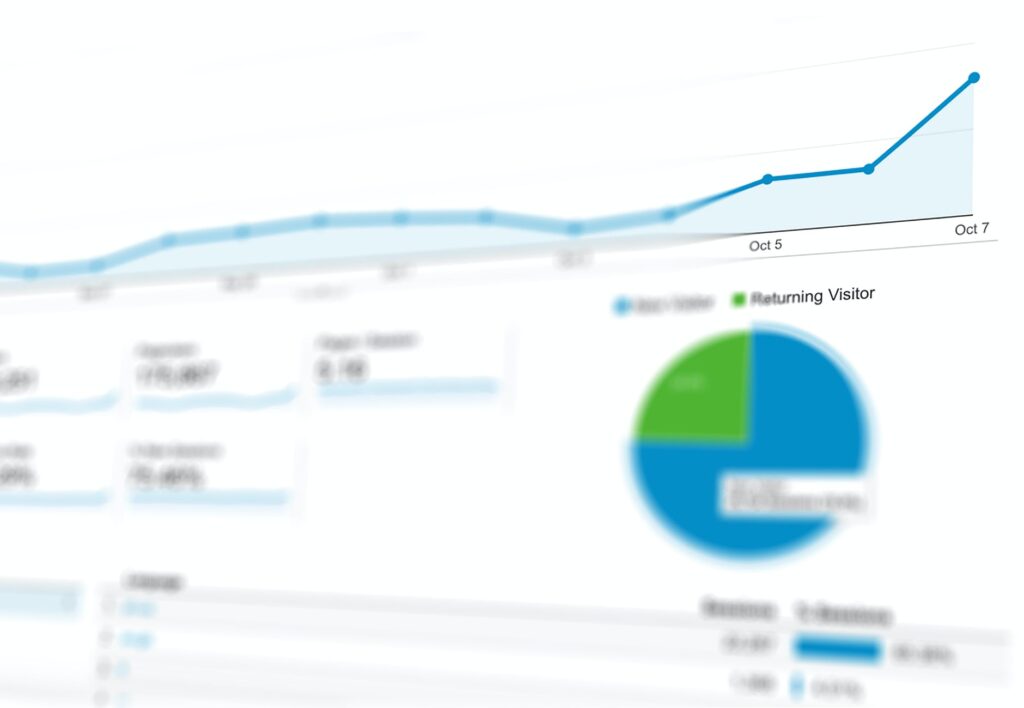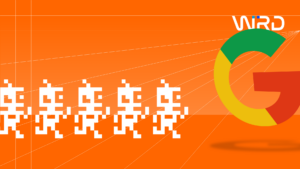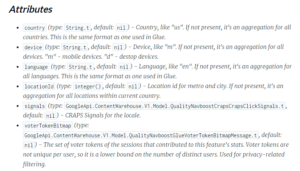Google has just revealed a new feature to filter out bots and spiders from your website traffic and activity data.
This is good news for businesses as it should help you solve the puzzle of how much of your traffic is from real people.
The way this new filter works is by filtering out all hits from known bots and spiders, based on the IAB/ABC International Spiders & Bots List, which has been maintained since 2006 and is updated on a monthly basis.
Curious to know which particular bots are blocked now? You’ll have to dig deep into your pockets in that case, as unearthing such details will cost you between $4,000 and $14,000 for a year’s subscription, depending on whether you’re an IAB member.
Our advice is to keep in mind that curiosity killed the cat, and save your pennies for other business ventures – after all, not knowing which bots are being filtered out by Google Analytics won’t alter the fact they’re being stopped.
To activate this filter, simply head to your Admin settings and then click on View Settings. Read through the options until you reach Bot Filtering with the words “Exclude all hits from known bots and spiders” next to a box for you to tick. Once ticked, save your changes and Google Analytics will start filtering out a big chunk of your fake traffic.
While this clever filter can’t possibly know every single bot and some will likely still get through, it should drastically reduce the number of bots visiting your website and lead to better traffic results that you can measure with greater accuracy.



